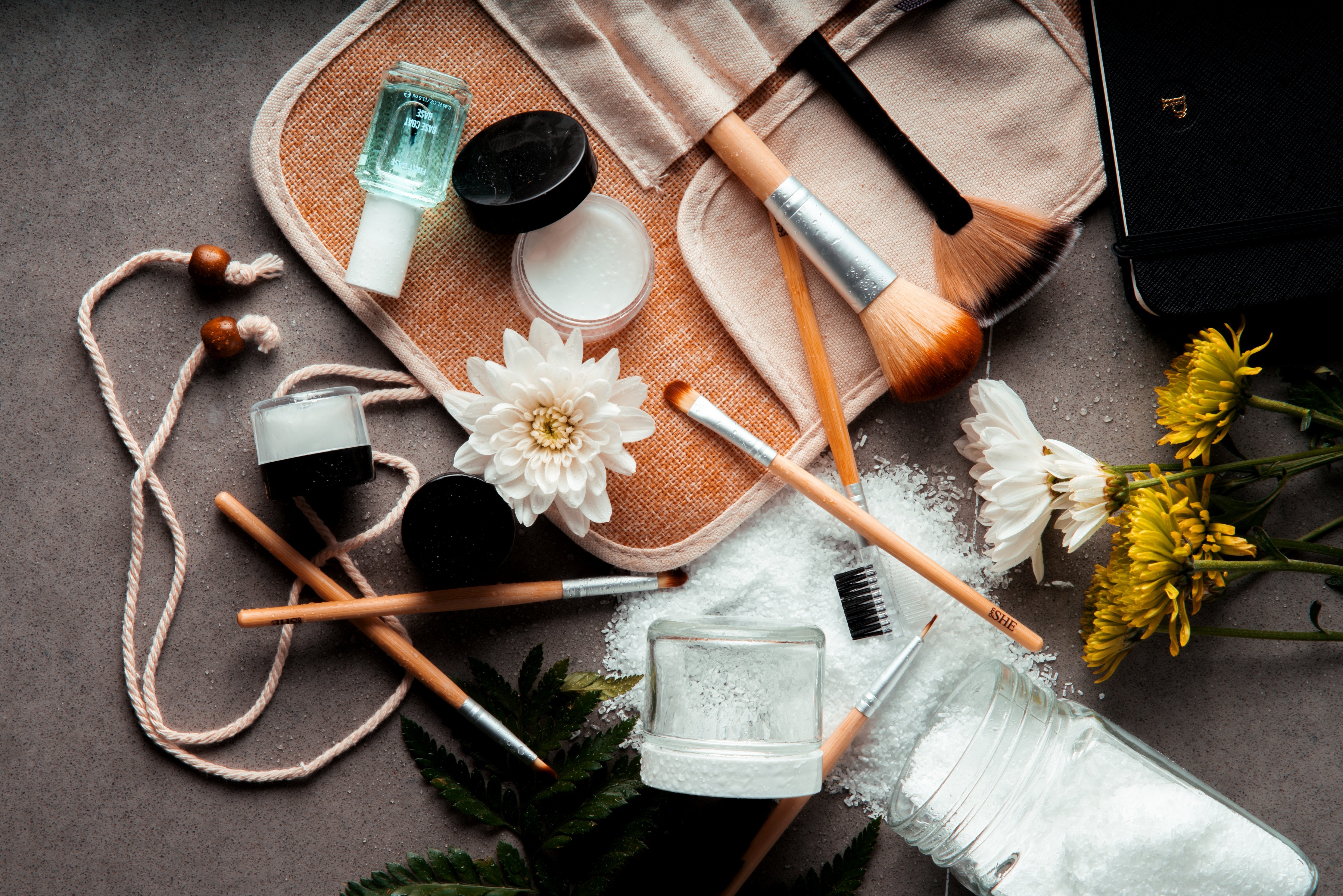
3 Toxic Skin Care Products to Give Up in 2021
We're currently living in a knowledge-abundant society. With access to Google and medical journals, we can judge for ourselves on which types of products and ingredients are good for us, and which aren't.
Toxic skin products and ingredients to avoid
There are 3 toxic products that are commonly used worldwide as a measure to protect the skin from various stressors. While companies tell us they're healthy, science says otherwise.
For each product listed, I'll provide healthy, effective alternatives.
1. Chemical-based sunscreens
This one might come as a surprise.
Sunscreens are obviously essential to protect our skin from the sun's UV rays. But certain kinds come along with their own toxic effects.
Sunscreens fit into two different categories: chemical and mineral-based.
Why chemical-based sunscreens should stay off of your skin
The main active ingredients used in chemical sunscreens are synthetic and easily penetrate the skin, usually requiring 20-30 minutes to become effective.
What's really bizarre, is that 97% of Americans' bloodstream has been found to contain oxybenzone - the most commonly used sunscreen agent in the United States.
Oxybenzone, along with many other UV agents, are endocrine disruptors and can cause fetal developmental and reproductive toxicity.
On top of these horrid risks, UV agents are also terrible for our environment. Their effect on coral reefs has been disastrous, causing bleaching and die-off.
Isn't the whole point of applying sunscreen to protect ourselves from skin cancer and sunburns? To be real, these health trade-offs are pretty horrendous.
Mineral sunscreens are safe and effective
Now let's get into the original sunscreens.
Known as minerals, zinc oxide and titanium dioxide don't absorb into the skin, but rather sit on top and reflect UV rays.
Thousands of years ago, long before the invention of toxic chemical sunscreens, people used zinc oxide paste to protect themselves. It's now proven to be the most effective, and safest UV agent known.
Read our sunscreen article for more information on UV protection and product recommendations.
2. Baby oil
The infamous Johnson's Baby Oil has seen its use in both women's and babies' skin care, even becoming a staple for tanning.
Most commercial baby oil products are made entirely of mineral oil and fragrance, but this duo sprouts some serious concerns.
While seemingly natural, mineral oil is a by-product of distilling gasoline from crude oil.
Fragrance (also known as parfum) is really a broad term used on cosmetic labels. According to the David Suzuki Foundation, fragrance essentially masks the identity of a cocktail of synthetic chemicals. This can include any of the 3,000+ chemicals that fall into this category. Many of the fragrance ingredients that have been tested (which isn't a lot) are toxic.
Terrible choice for skin care
As an occlusive agent, baby oil coats the skin and can help to prevent moisture loss. While this can be good for cold winter days or skin that's already seemingly healthy, it can lead to breakouts, especially for those who're more prone to them.
What it doesn't do is hydrate, it just helps to contain whatever moisture is already in the skin.
Mineral oil doesn't contain any beneficial nutrients. No antioxidants, vitamins, or essential fatty acids. Without healthy nutrients, mineral oil doesn't do anything to nourish the skin. This is the critical difference between mineral oil and oils derived from plants.
Fragrance on the other hand, can cause skin sensitivities, especially in skin that's prone to eczema.
Mineral oil and hidden fragrance ingredients can bioaccumulate in the body
The really nasty side of mineral oil and fragrance comes from their ability to enter into the bloodstream when used topically.
Fragrance
The Environmental Working Group's cosmetic database gives fragrance a rating of 8 out of 10, putting it in their "high hazard" group of ingredients.
What makes fragrances so bad?
Many fragrance ingredients are known to disrupt the body's endocrine system after being absorbed into the bloodstream.
An example of this includes monoethyl-hexyl-phthalate (along with other phthalates), and as an endocrine disruptor, it has the potential to promote birth defects and cancerous tumors.
Since the ingredients that make up fragrances are undisclosed, we know that Johnson's baby oil can easily contain these endocrine-disrupting compounds.
So, why exactly is this in a product intended for babies?
Mineral oil
Dating all the way back to 1875, people have been developing skin cancer as a result of coming into contact with the oil.
Okay, I'm definitely making it sound way more horrific than it may be. There are different grades of mineral oil created for different industries, and the one for cosmetics is known as "cosmetic grade".
Cosmetic mineral oil goes through a heavy refining process to remove the harmful impurities that are linked to cancer. Studies have generally found mineral oil to be safe to use on the skin. However, scientists have noted concerns.
In fact, this study stated that mineral oil hydrocarbons are the greatest contaminants of the human body - and accumulate in the fat tissues and milk of pregnant/nursing women. There was no correlation to diet, and they noted skin absorption as being a possible route for contamination.
Another study showed very similar results, that mineral oil accumulates in human fat tissue and milk.
While there may be little evidence that directly links cosmetic mineral oil usage with cancer — the accumulation of hydrocarbons in the body via skin absorption means there is still a risk and further studies need to be conducted to assess its safety.
Mineral oil, by far, has to be one of the easiest products to give up. Any natural vegan oil can be used instead, like hemp seed oil or grapeseed oil.
3. Baby powder
Baby powder is another one of those products that adults often use on themselves as well.
Talcum powder is the ingredient most often used in commercialized baby powders, which is a clay mineral. Originally containing asbestos, it has supposedly been purified to remove this toxic substance since the 1970s.
Talcum powder may increase risk of ovarian cancer and mesothelioma
While a consensus has not been met as to whether or not talc causes cancer, there is a clear risk.
It was found that using talc in the genital area has been associated with a 33% increase in ovarian cancer risk.
This study found that inhaling talc powder contaminated with asbestos causes mesothelioma, a very rare form of cancer. Testing talc-based products for asbestos is required by the FDA, however, the same mesothelioma study highlighted that such tests are not always accurate.
Simple alternatives to talc include non-gmo cornstarch and organic arrowroot powder.
Change is easy
Does any human need one or more of these products? Absolutely not. While the sunscreen is a little more tricky, great alternatives that are healthy and cheaper do exist.
Chemical-based sunscreens often contain both mineral oil and fragrance, so finding a good alternative the works best for you is going to be very important long term.


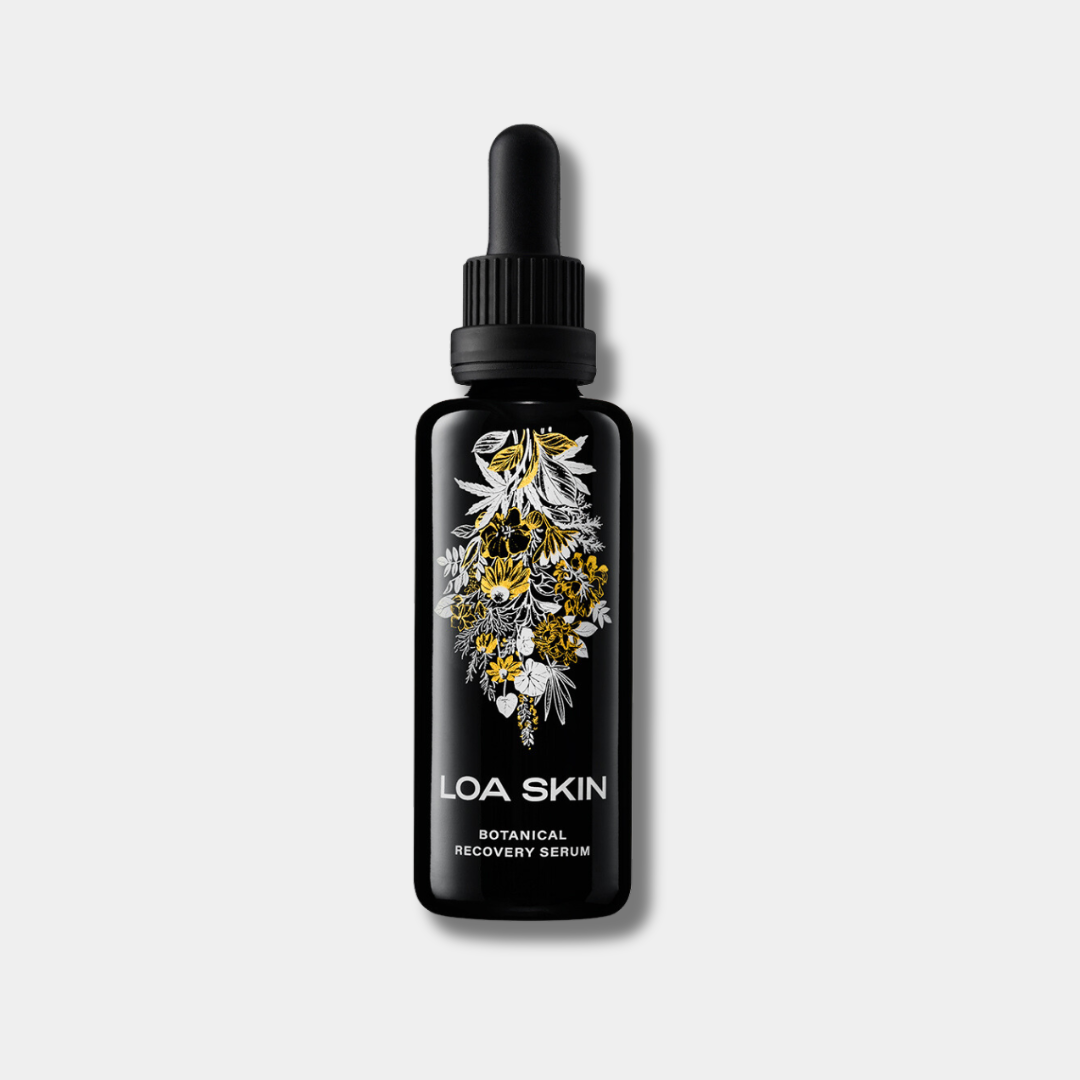
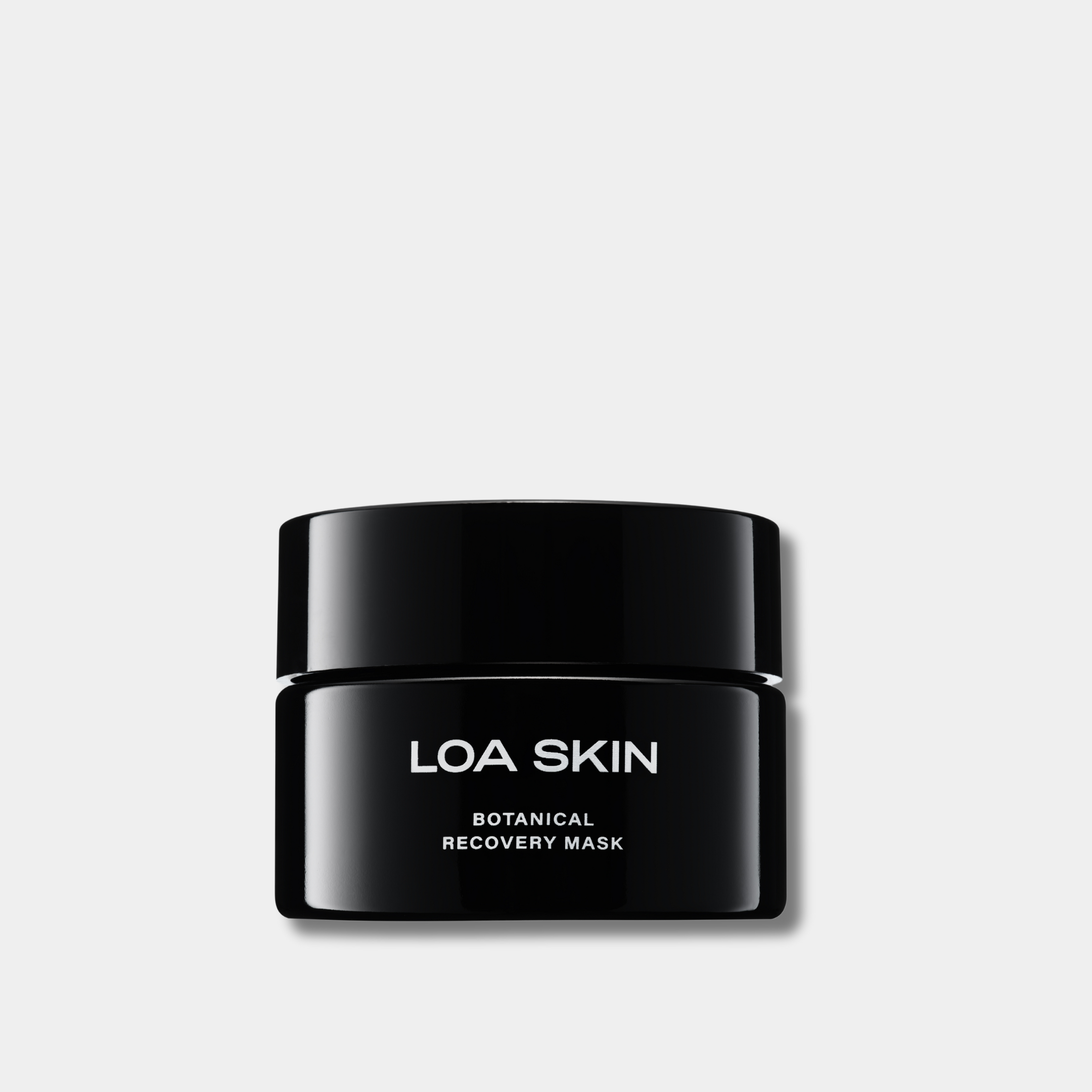
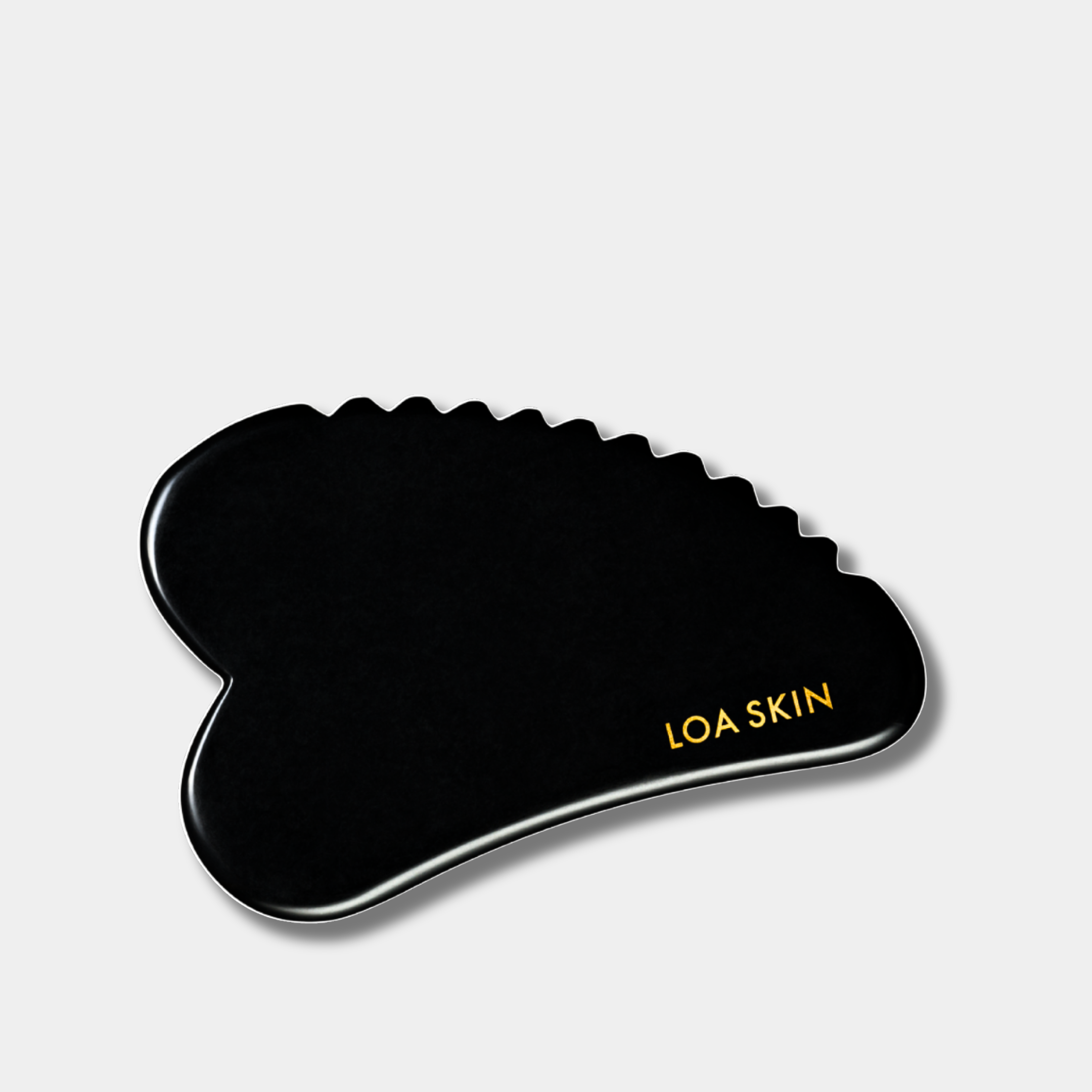
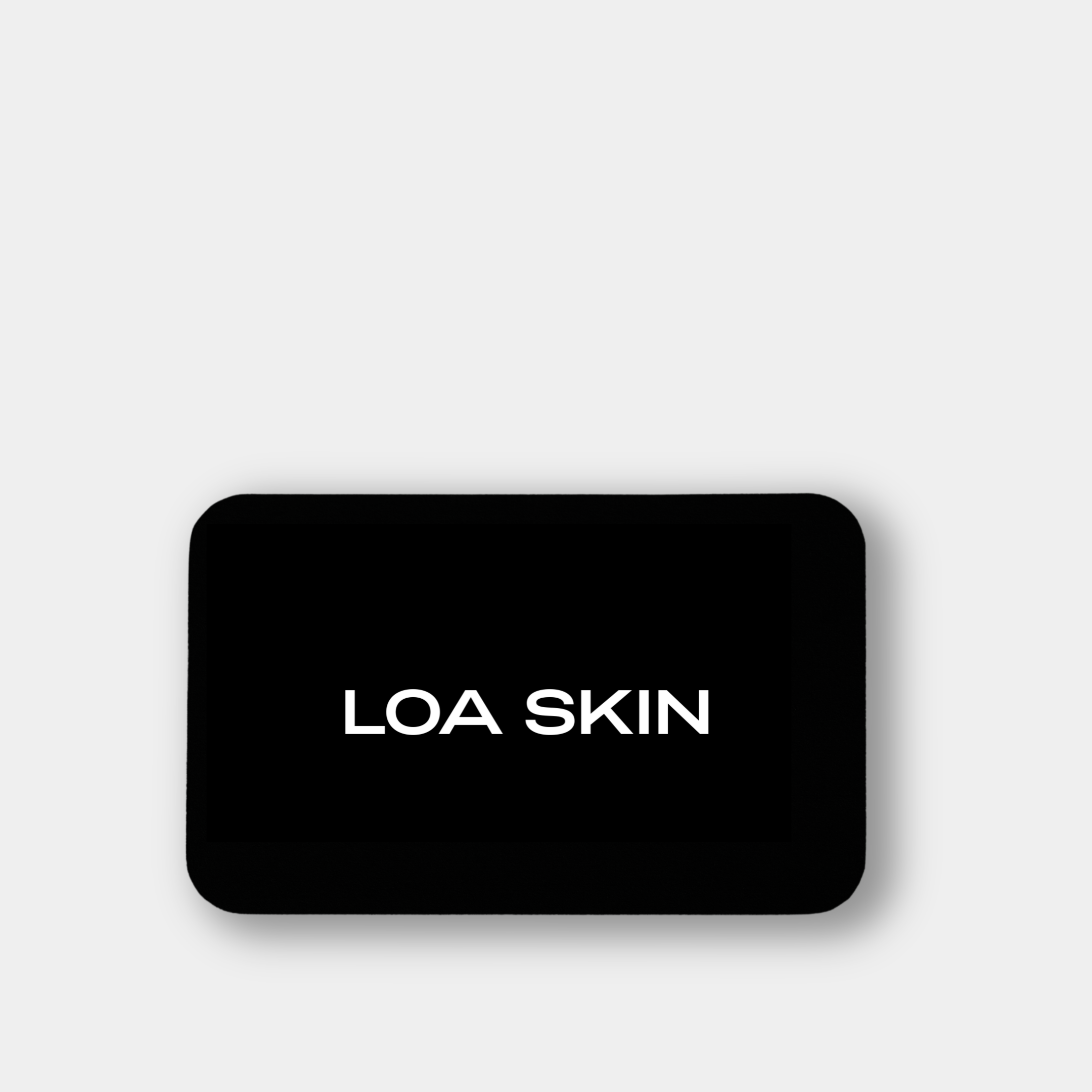
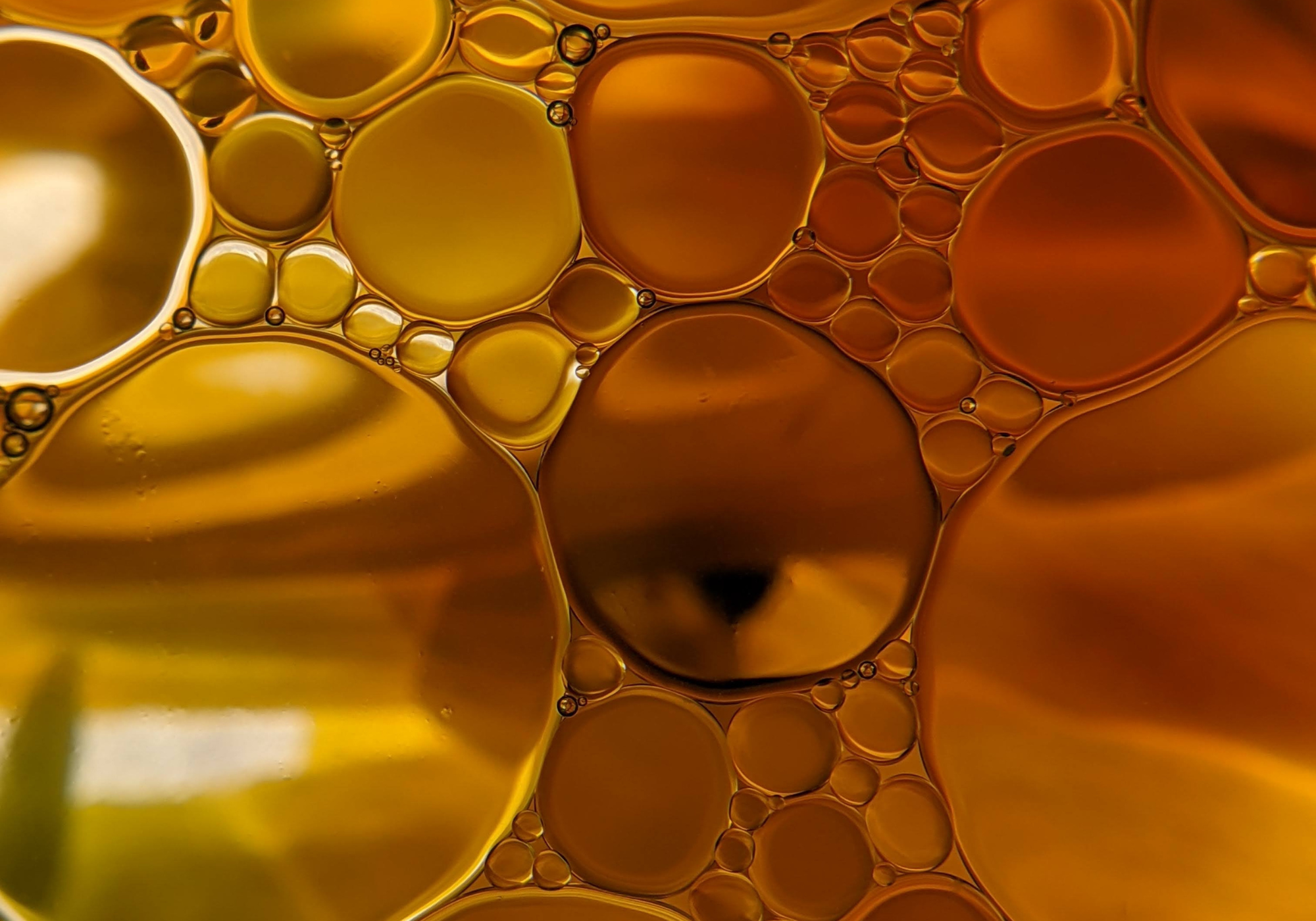



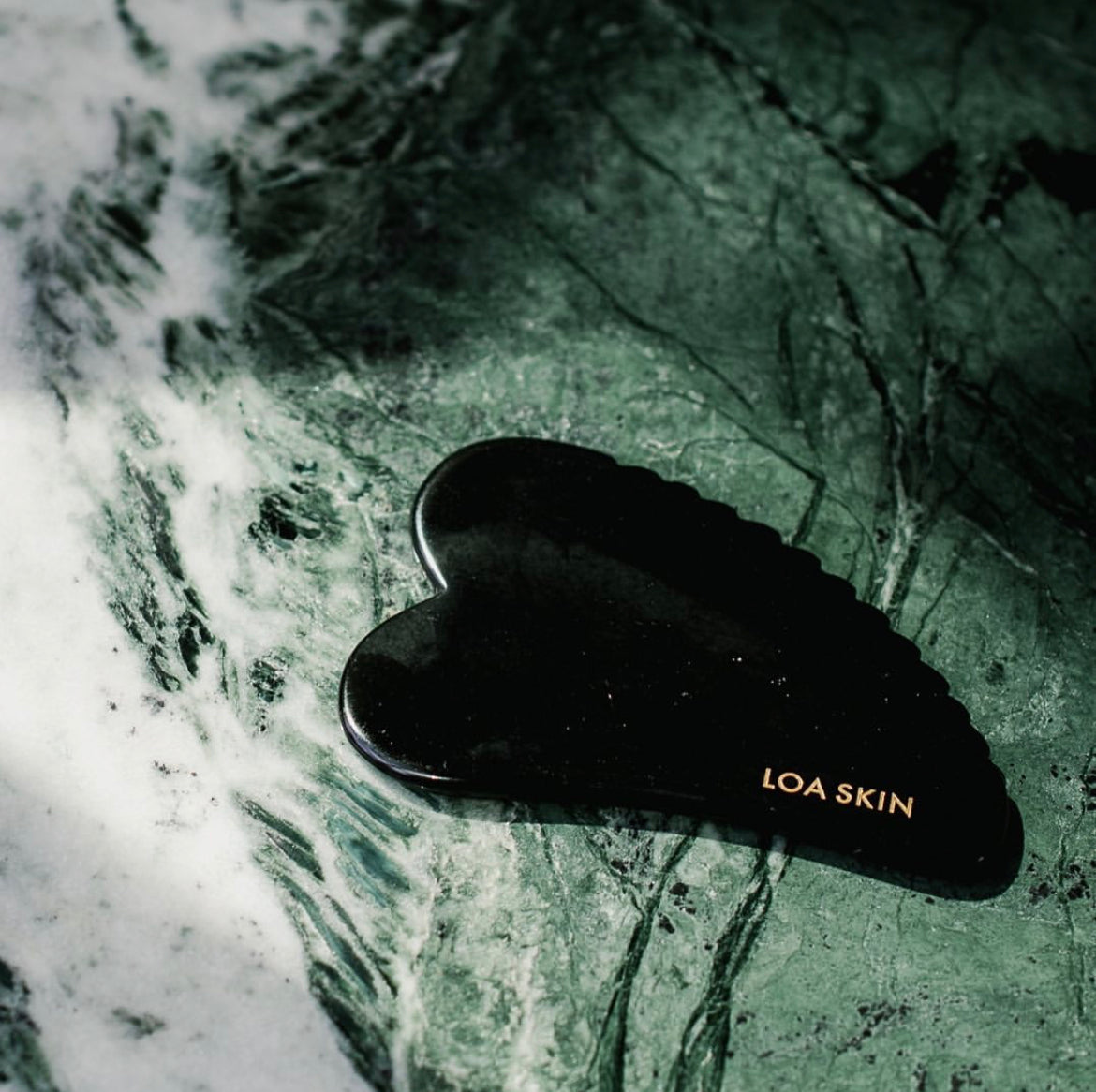
Leave a comment
This site is protected by reCAPTCHA and the Google Privacy Policy and Terms of Service apply.